-

Consumer Reviews & Testimonials
On August 21, 2024, the FTC announced their new regulations on endorsements and testimonials. No more fake reviews!
-

Plain Soap vs. Antibacterial Soap
According to the FDA, there isn’t any evidence to show that using an antibacterial soap is any better than plain soap when it comes to preventing illness.
-

MoCRA Fragrance Allergen Regulations
FDA has scheduled ther proposed rule for fragrance allergens for October 2024.
-
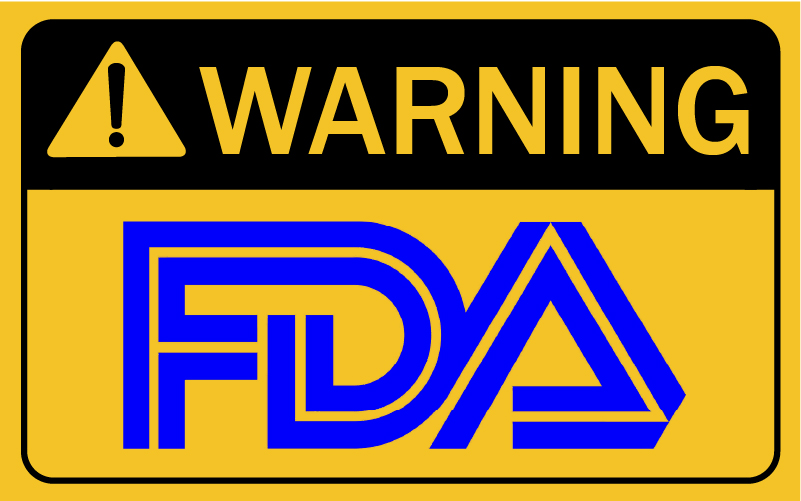
FDA Issues Warnings To Skin Peel Companies
FDA has issued warning letters to four cosmetic companies, as well as Wal-Mart and Amazon, for skin peel products that are unapproved new drugs.
-
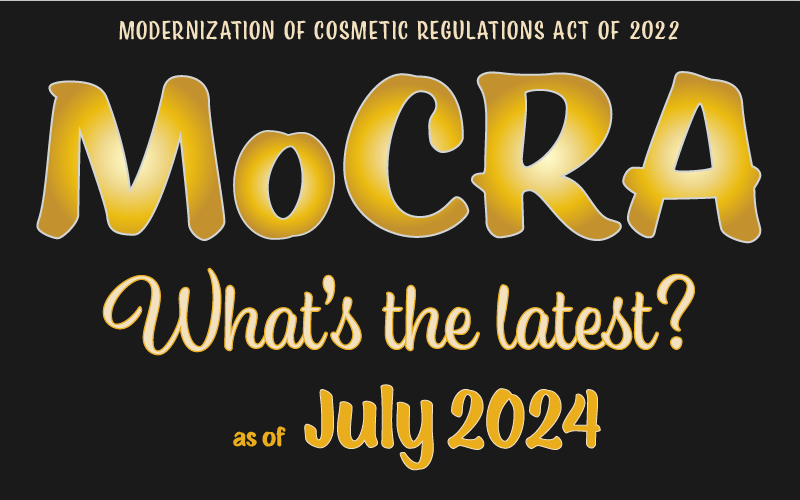
MoCRA Update – July 2024
It’s been a year and a half since the Modernization of Cosmetic Regulations Act of 2022 (MoCRA) was passed. Let’s see where things stand!
-
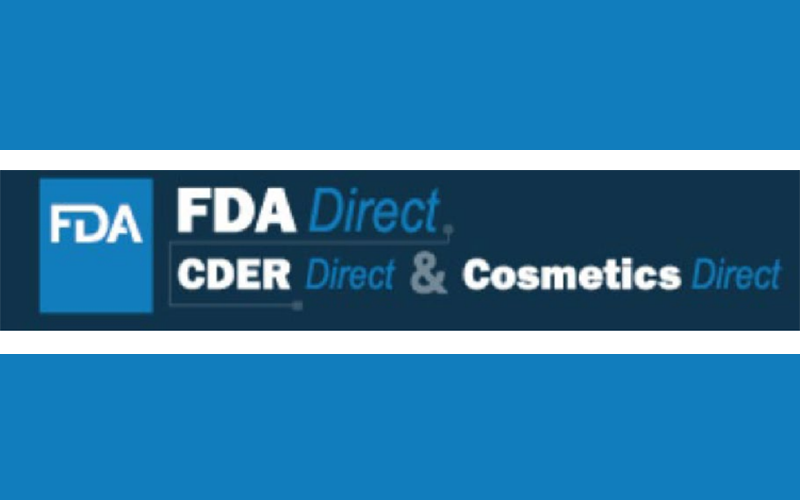
FDA Updates Cosmetic Direct
The FDA announced today that they have added two new features to Cosmetics Direct, the portal for registering cosmetic facilities and listing cosmetic products
-

Advertising Puffery
Who knew “puffery” was an legal advertising term!
-
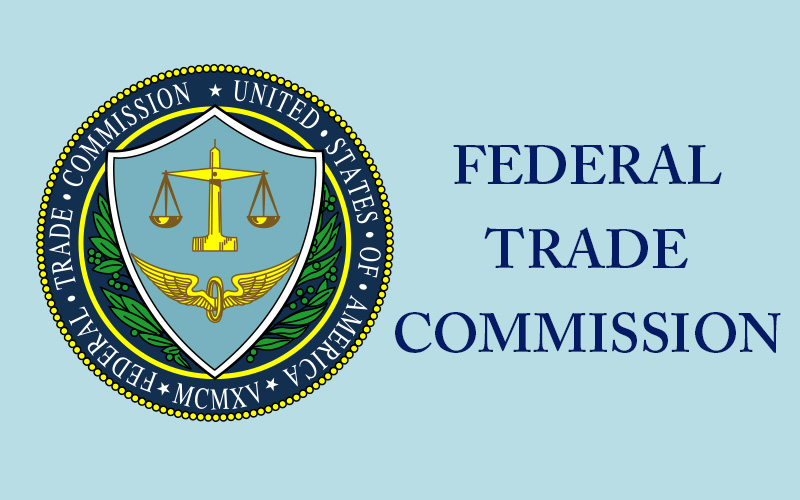
FTC Updates “Made in the USA” Info
The FTC just updated the information on their website about the “Made in the USA” standard. Now it’s a little clearer to understand, without having to go to the actual regulations.
-

R & D vs. Production
Researching and developing products and making products for sale both involve MAKING products, but they are two very different things.
-

Canadian Cosmetic Regs Updated
The Canadian cosmetic regulations were update on April 12, 2024. The biggest change is listing of fragrance allergens. The new regs go into effect over the next 6 to 24 months.
-

Real Life Advertising Content
“Real life advertising content” is the holy grail when it comes to promoting your products. After all, what’s better than someone singing the praises your product and posting it on social media! However, there are a few legal points to keep in mind.
-
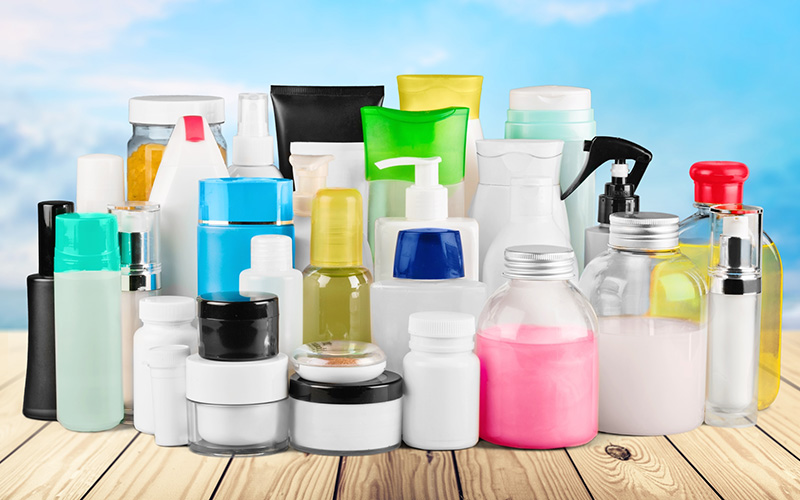
Extended Producer Responsibility
“Extended Producer Responsibility” refers to a new(ish) movement to shift responsibility for the cost of recycling to producers rather than consumers. California, Colorado, Oregon, and Maine have already enacted EPR Laws
Want to double-check your labels? Get my FREE Easy-Peasy Label Checklist!
